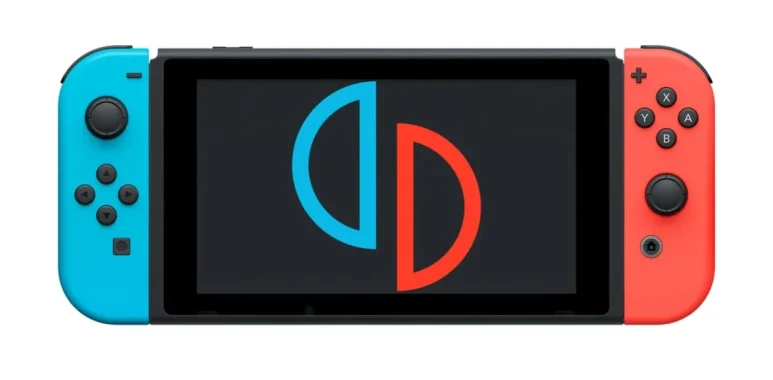Nintendo wins $2.4 million settlement in Yuzu emulator copyright case

Yuzu will cease operations after legal settlement with Nintendo over copyright infringement claims
Nintendo has won the copyright lawsuit against the creators of the Yuzu Nintendo Switch emulator, Tropic Haze. The lawsuit concluded with a settlement that orders Tropic Haze to compensate Nintendo with $2.4 million and mandates the termination of Yuzu’s operations. This legal action was initiated by Nintendo to address copyright infringement, the circumvention of its Switch protections, and the distribution of these technologies through Yuzu, as alleged by the gaming giant.
Yuzu, which emerged in 2018 shortly after the release of the Nintendo Switch, is an open-source emulator that enabled users to play Switch games on computers and smartphones. This included the ability to play “Tears of the Kingdom” prior to its official release, a point of contention highlighted by Nintendo in the lawsuit. Although Yuzu itself did not distribute pirated games, its capacity to run leaked copies led to over a million people playing “Tears of the Kingdom” ahead of its launch, according to Nintendo’s claims.
The settlement not only involves a financial penalty but also requires Tropic Haze to cease all Yuzu-related operations, including distribution, marketing, and the relinquishment of the emulator’s domain name. The creator of Yuzu, known as Bunnei, announced on Discord the decision to shut down the project, stating that piracy was never their intention and expressing hope that their actions would contribute to the fight against piracy.
Following the settlement, all online presences associated with Yuzu and Citra, another emulator project by the same team, have been deactivated. This includes their website, Patreon, and GitHub repositories, though their Discord channel remains accessible.
Nintendo’s aggressive protection of its intellectual property is well-documented, with several successful lawsuits against piracy sites and individuals involved in hacking and distributing pirated games. The company’s legal actions reflect its stance on copyright infringement and the unauthorized distribution of its games.
This lawsuit has reignited the debate over the legality and ethics of emulation. While Nintendo views emulators like Yuzu as vehicles for piracy, many in the emulation community argue that such software plays a crucial role in the preservation of video games.


